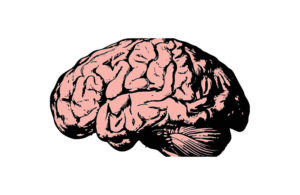 Researchers at the University of Minnesota were last month awarded a $6.6 million grant to develop a device for treating mental health disorders.
Researchers at the University of Minnesota were last month awarded a $6.6 million grant to develop a device for treating mental health disorders.
The National Institute of Mental Health provided the grant award in support of the development of a new medical device for treating those disorders by using brain rhythms, something that hasn’t been done before, according to a news release.
Led by Dr. Alik Widge of the U of M’s department of psychiatry & behavioral sciences, the team including Gregory Molnar and Mahsa Shoaran plans to use methods of bringing regions of the brain into synchrony when they’re not and forcing regions out of synchrony when needed to develop a novel, human-ready neuromodulation device for people with mental health disorders.
Unlike deep brain stimulation, which operates at all times, the touted device stimulates at a few key moments every minute to bring rhythms back into synchrony while delivering a thousand-fold less energy to the brain than existing treatments.
The team expects that it could have a device ready for first-in-human use in as little as between five and six years.




